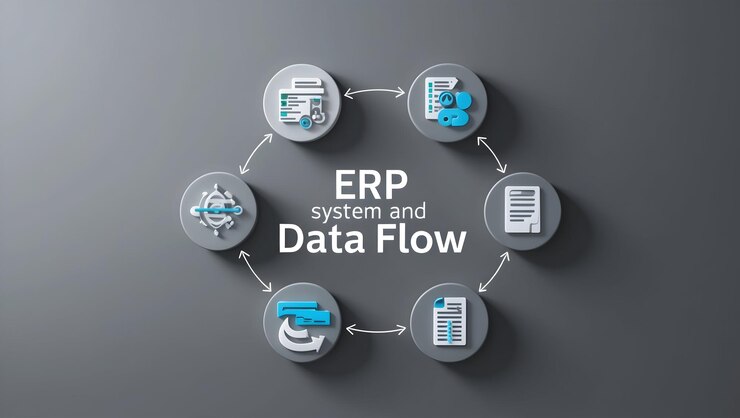Livestock plays a vital role in human society, contributing to food production, economic stability, and sustainable agriculture. Animals such as cattle, sheep, goats, pigs, and poultry provide essential products like meat, milk, eggs, and wool, which are crucial for human nutrition and industry. Dairy products, for example, are rich sources of calcium and protein, supporting bone health and overall well-being. Meat production fulfills global dietary needs, while poultry farming ensures a steady supply of eggs, a staple protein source for many populations. Livestock also supports livelihoods, with millions of farmers and ranchers relying on animal husbandry for income. In many rural areas, owning livestock signifies wealth and financial security, as animals can be sold, traded, or used for dairy and meat production to generate revenue.
Beyond food production, livestock plays a key role in agriculture and sustainability. Many traditional farming systems rely on animals for plowing fields, transporting goods, and producing natural fertilizers from manure. Organic farming benefits greatly from livestock, as animal waste enhances soil fertility, reducing the need for chemical fertilizers. Additionally, livestock contributes to the textile industry through wool and leather production, creating employment opportunities in manufacturing and trade. In some cultures, livestock holds significant social and religious value, with animals being central to traditional ceremonies and festivals. However, responsible livestock farming is essential to balance economic benefits with environmental sustainability. Proper management, ethical breeding, and disease control help maintain healthy animal populations while minimizing negative environmental impacts. With advancements in technology and sustainable farming practices, the livestock sector continues to evolve, ensuring food security, economic growth, and ecological balance for future generations.







